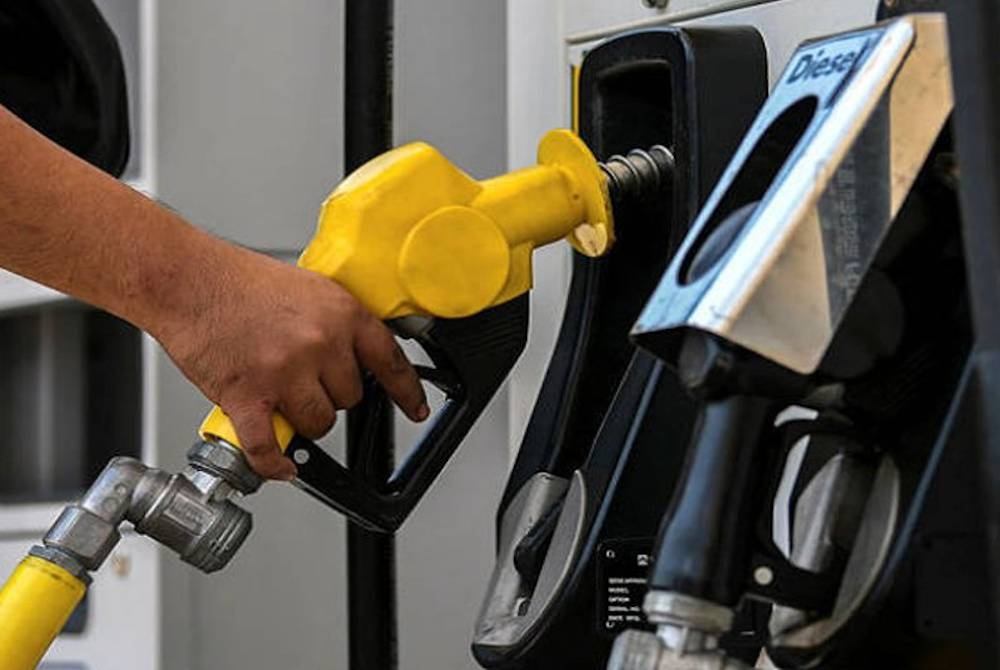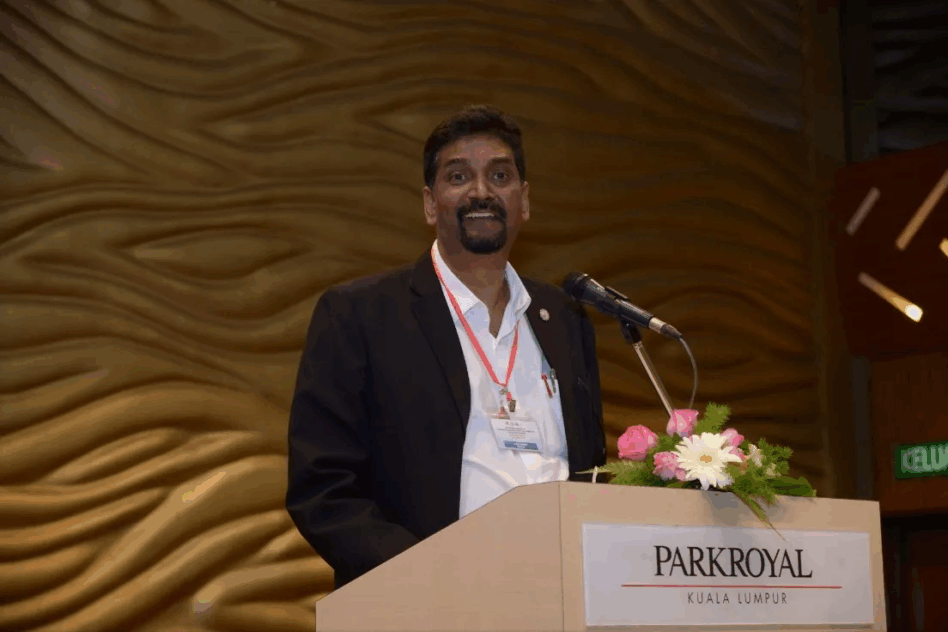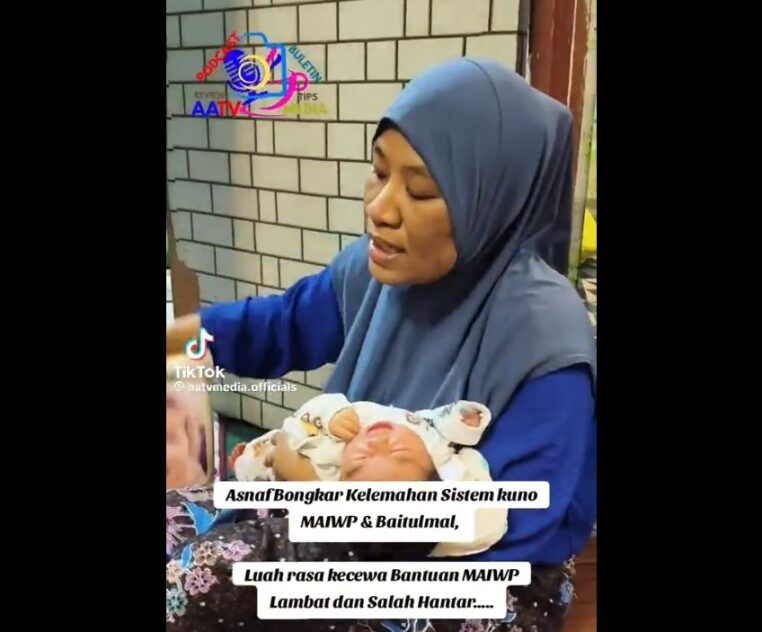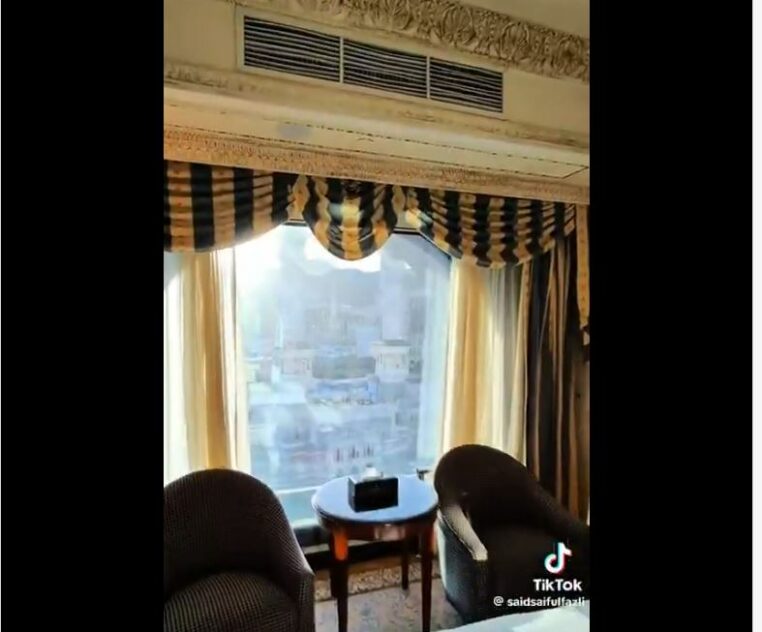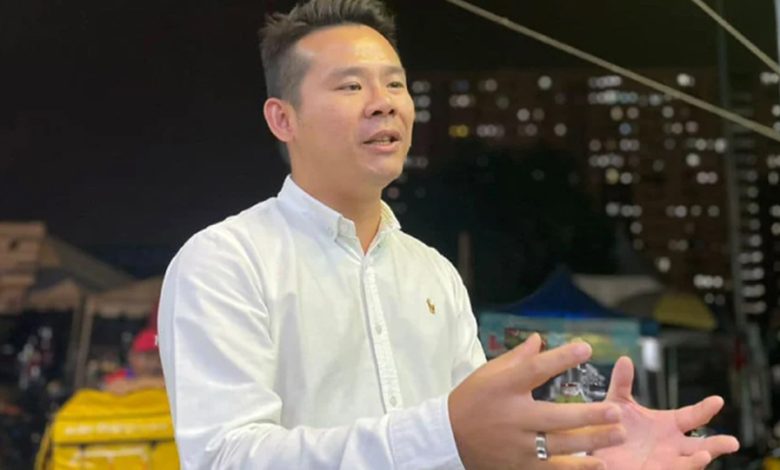THE reduction of subsidised RON95 petrol costs will serve as a litmus test for Malaysia’s broader subsidy reform plans, according to the World Bank’s Malaysia lead economist Apurva Sanghi.
In a recent series of posts on X, Apurva Sanghi noted that such reforms would evaluate the government’s capacity to ensure sufficient cash transfers for the impoverished, engage the middle class in its policies and underscore climate advantages.
He stressed that RON95 reforms, pivotal in reshaping the nation’s social contract, must extend beyond fiscal considerations alone.
“The poor should benefit – assuming off-setting mechanisms like increased cash transfers are in place, which is super important. The rich should manage without subsidies, despite (their) complaints.”
Highlighting the plight of the middle class, who consume more fuel than the poor but won’t receive cash transfers, Apurva Sanghi pointed out that they would be the most affected.
“Using some subsidy savings or other complementary reforms to help them will secure their buy-in and ensure overall success,” he added.
The economist also underscored the importance of timing in RON95 reforms, cautioning that they could lead to a one-time price increase ranging between 5% and 9%, depending on global energy prices.
“Introduce RON95 reforms when energy prices are relatively low.”
Furthermore, Prime Minister Datuk Seri Anwar Ibrahim on Tuesday (May 21) announced the Cabinet’s approval to implement targeted diesel subsidies for consumers in Peninsular Malaysia, estimating annual savings of RM4 bil.
To mitigate a sharp rise in goods and services prices in the peninsula, the government will continue to provide subsidies for traders utilising commercial diesel vehicles. – May 24, 2024
Main photo credit: Sinar Harian


